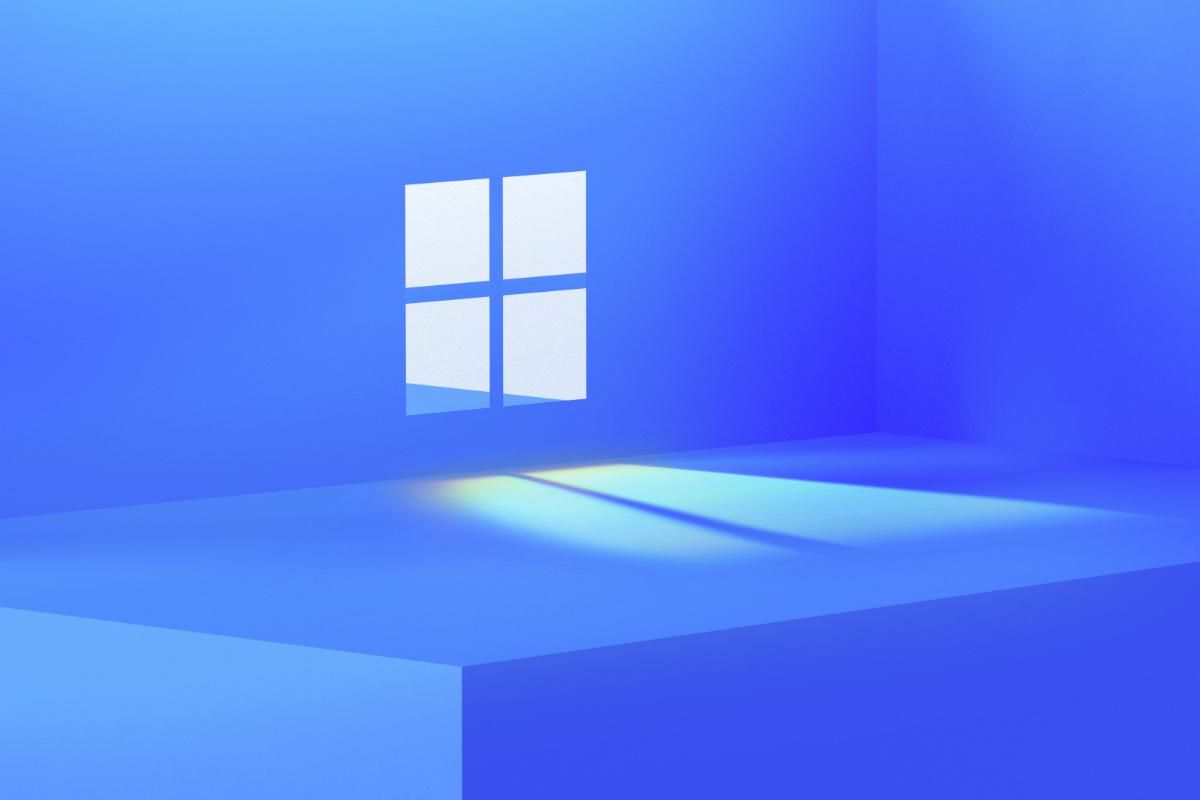Windows 11 was announced back in June as a new OS that would deliver improvements to performance and multitasking, along with a new Windows Store. We were also told to expect a new Start menu and support for multiple monitors. Then, on October 5, the latest version of Windows was released. But unfortunately, it seems that it wasn’t quite ready to work on PCs powered by AMD’s Ryzen processors.
The final version of Windows 11 was released just over a week ago, and unfortunately, it arrived with some bugs that affect AMD processors. The first bug affects the L3 cache and increases latency up to three times. The new version of Windows is also unable to use AMD’s “preferred core” feature adequately. In other words, AMD’s Ryzen processors are being slowed down by Windows 11.
“AMD Ryzen CPUs were facing performance degradation of up to 15% in the Microsoft Windows 11 operating system. The issues were related to the L3 cache latency & the UEFI CPPC2 profiles.”
However, AMD and Microsoft have already acknowledged the problems, and it seems that they will be releasing a fix as soon as next week. The guys from wccftech believe that the L3 latency performance fix may arrive on October 19, while the CPPC Driver would arrive on the 21.
“-The CPPC issue has been resolved. The AMD driver power profile is in the release process and targeted for GA release on 10/21. If it is needed before GA, AMD can share the driver directly with customers upon request.”
“‒The L3 cache latency issue has been resolved by Microsoft. Microsoft plans to release the fix in their 10C Windows Update which is targeted for 10/19.”
Whatever the case, I would recommend that you have a bit more patience when adopting new software updates, new products, and more. Remember that the first wave of products and software updates usually come with tons of issues that need to be ironed out. That’s why my Huawei MateBook X Pro is still running on Windows 10, and it will continue to do so until I know that it is safe to upgrade.
Via Dr Windows
Via 2 wccftech

